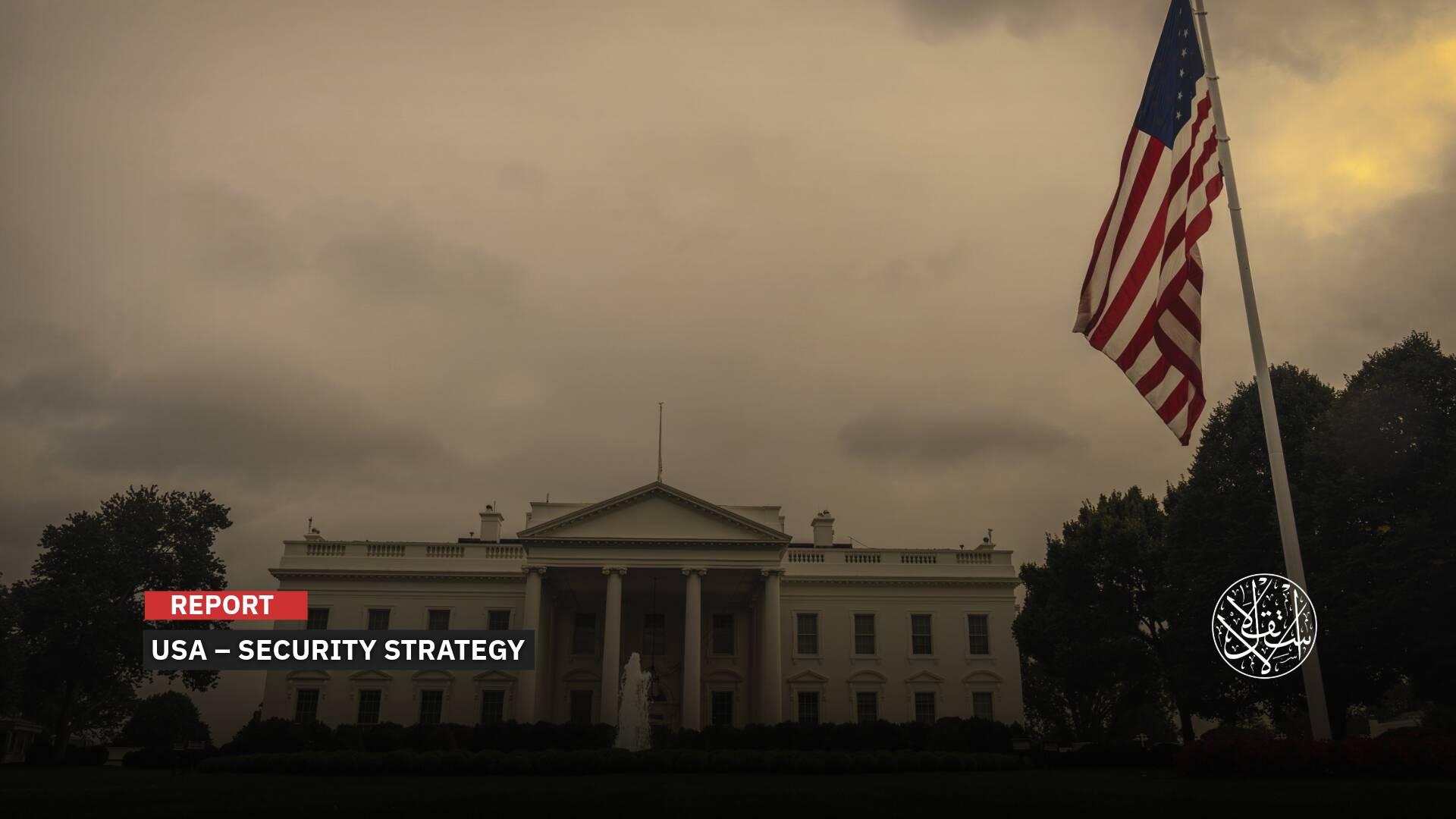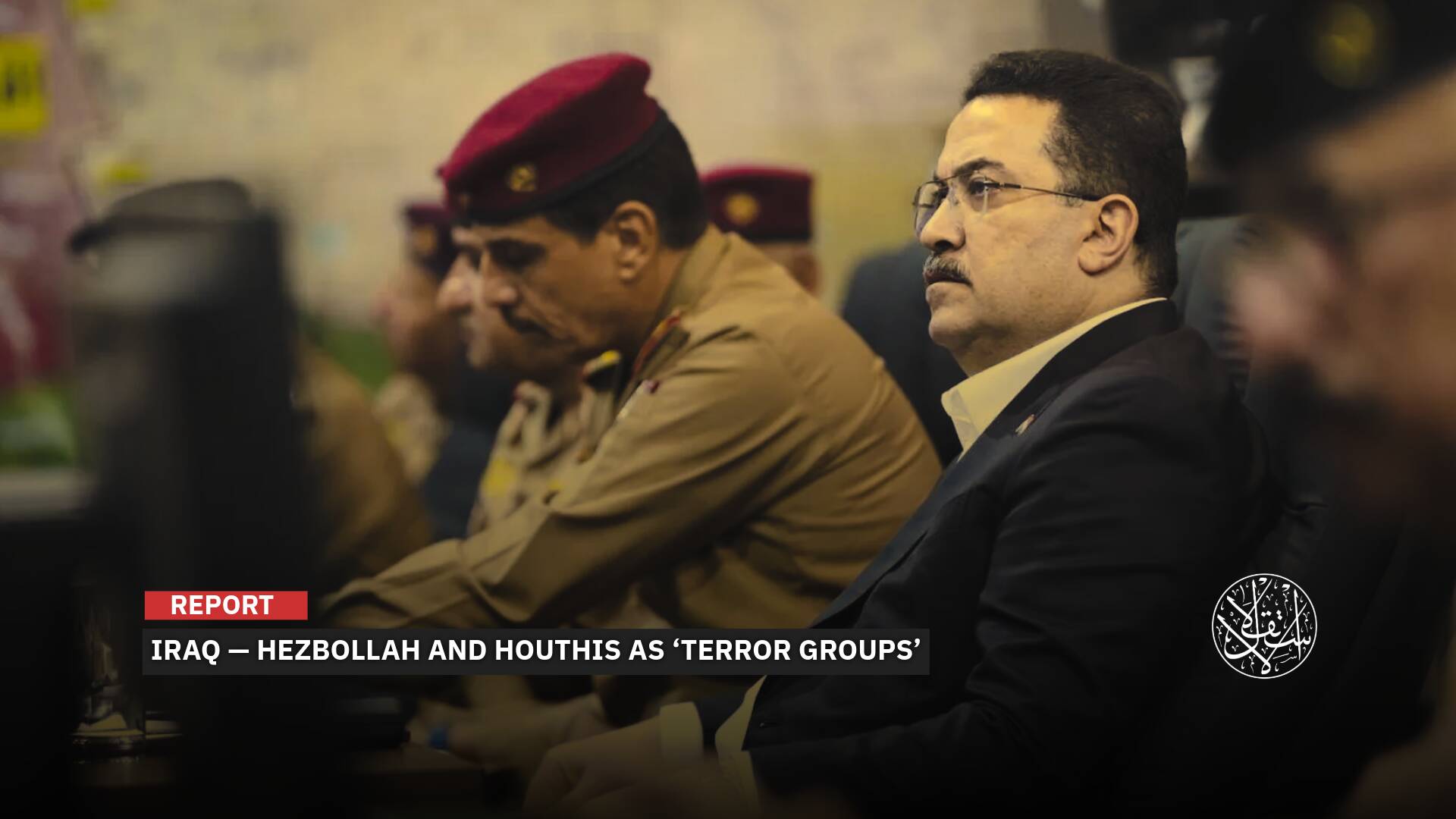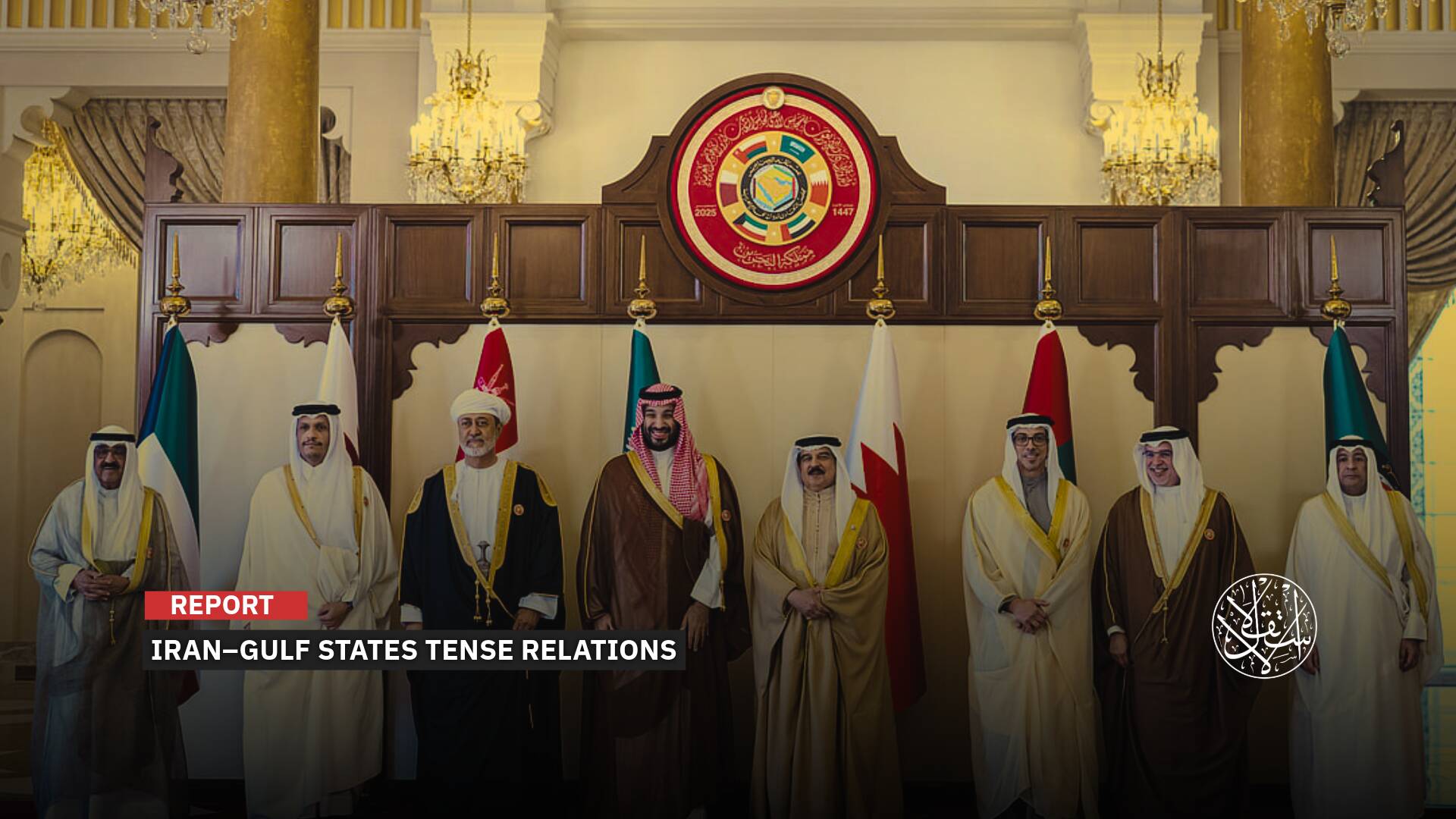What is Erdogan’s Plan For Deporting the Refugees?

As Turkiye faces another round of elections, the fate of millions of Syrian refugees who have sought shelter in the country has become a divisive and contentious issue.
The ruling party, which once welcomed the refugees as guests and brothers, has shifted its tone amid growing public resentment and economic woes.
The opposition parties, meanwhile, have exploited the anti-refugee sentiment and promised to send them back within two years if they win.
The refugees, who number about 3.6 million according to official figures, have been living in Turkiye since the start of the civil war in Syria in 2011.
They have been granted temporary protection status but not citizenship or permanent residency. Many of them struggle to find jobs, education, and health care and face discrimination and hostility from some segments of the Turkish society.
The government of President Recep Tayyip Erdogan, which initially pursued an open-door policy toward the refugees and a humanitarian rhetoric, has recently adopted a more pragmatic and restrictive approach.
It has tightened border controls, cracked down on illegal migration, and encouraged voluntary repatriation. It has also tried to balance its domestic and international obligations, as it hosts the largest refugee population in the world and receives financial aid from the European Union to prevent them from reaching Europe.
The opposition parties, on the other hand, have blamed the refugees for the country’s economic problems and social ills and accused the government of mismanaging the refugee crisis.
The main opposition leader, Kemal Kilicdaroglu of the Republican People’s Party, has vowed to return all Syrians to their homeland within two years if he becomes president.
The refugee issue is likely to remain a hot-button topic in Turkish politics as the country moves further through the 2023 presidential and parliamentary elections. The outcome of these elections will have significant implications for the future of the refugees and their host country, as well as for the region and the world.

Erdogan’s Plan
Erdogan said last week that his country had always backed the voluntary and safe return of Syrian refugees to their homeland, and that more than half a million of them had already resettled in areas of northern Syria that Turkiye had cleared of terrorist groups.
In a televised interview with TRT, Erdogan discussed his country’s efforts to create suitable conditions for the refugees’ return, including building brick houses with the help of civil organizations and friendly countries.
He said Turkiye aimed to facilitate the return of at least one million refugees in the first phase of the project, and possibly more, depending on the availability of land and housing.
Erdogan also said that the issue of refugees’ return was part of the ongoing talks between Turkiye, Russia, Iran, and the Syrian regime and that there were positive signs of progress in this regard.
He added that after the second round of the presidential elections in Syria, which are scheduled for next Sunday, he would be able to draw up a roadmap for the refugees’ return in coordination with the other parties involved.
He said he hoped to ensure the refugees’ return in the shortest possible time frame.
Turkiye hosts about 3.5 million Syrian refugees, according to the Turkish Migration Agency. In 2022, nearly 59,000 refugees returned to safe areas in Syria.
Turkiye’s foreign minister, Mevlut Cavusoglu, said that he saw a need to communicate with the Syrian authorities to discuss the possibility of sending refugees not only to the “safe zones” in northern Syria but also to areas under government control.

European Union Deal
In March 2016, the European Union and Turkiye signed a statement of cooperation to address the influx of refugees and migrants arriving at Europe’s shores, mainly from war-torn countries like Syria, Afghanistan, and Iraq.
In his interview with Al-Estiklal, political researcher Osama Fouad said that the statement, often called the “EU–Turkiye deal,” had three main provisions: Firstly, Turkiye would take measures to prevent people from crossing irregularly to the Greek islands from its territory.
Secondly, anyone who arrived at the islands irregularly from Turkiye could be sent back there. For every Syrian returned from the islands, EU member states would resettle one Syrian refugee who had stayed in Turkiye.
Thirdly, in return, Turkiye would receive 6 billion euros, or about $15.7 billion at current exchange rates, to improve the humanitarian situation of refugees in the country. Turkish citizens would also benefit from visa-free travel to Europe.
“The deal aimed to deter people from risking their lives on perilous journeys across the Aegean Sea, while offering a legal and safe pathway for those in need of protection,” Fouad said.
In 2015, nearly one million refugees and migrants reached the European Union by sea, and more than 3,500 died or went missing along the way. More than 75 percent of them had fled conflict and persecution in their homelands.
“The deal has significantly reduced the number of arrivals in Europe. But it has also faced criticism from human rights groups, who say it violates international law and puts refugees at risk of abuse and exploitation in Turkiye,” Fouad added.
“Ankara has complained that Brussels has not fulfilled its promises on visa liberalization and trade relations,” he mentioned.
“Moreover, the deal has not been fully implemented. Until 2021, Only 2,740 people have been returned to Turkiye from the islands since 2016, according to the latest data from the European Commission. And EU member states have resettled 28,621 Syrians from Turkiye under the deal, far fewer than they had pledged,” he concluded.

Arab States
Turkiye’s Foreign Minister, Mevlut Cavusoglu, defended his country’s efforts to return Syrian refugees to their homeland, and accused the Turkish opposition leader of lying about the number of Syrians living in Turkiye.
In an interview with the Turkish channel tv100, Cavusoglu said that Turkiye was hosting 3.7 million Syrian refugees, according to official statistics, and not 10 million as claimed by Kemal Kilicdaroglu, the opposition alliance’s presidential candidate.
Kilicdaroglu’s inflated figure was “unbelievable” and undermined his credibility, Cavusoglu said. “A person who wants to run the state should not deny official numbers,” he added.
Cavusoglu also said that Turkiye had the support of several Arab countries, including Saudi Arabia, the United Arab Emirates, and Qatar, for its plan to create safe zones in Syria where refugees could return voluntarily and securely.
He said that Turkiye had already facilitated the return of 550,000 Syrians to areas under its control or influence in northern Syria, and that it was negotiating with the Syrian government to allow more refugees to go back to areas under its control.
He emphasized that the return of refugees should be done in a humane and rational way, without resorting to hate speech or racism.
He said that Turkiye had welcomed the Syrians after their cities were destroyed by war, and that it was now working to secure some areas in Syria where they could rebuild their lives.












